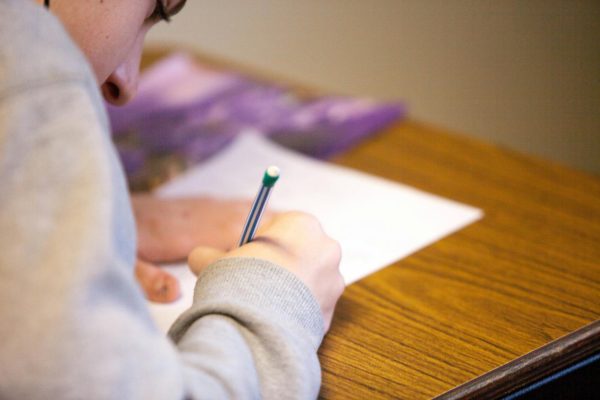Struggling sleep schedules
March 31, 2022
Teens’ sleep schedules may affect their lives, both academically and socially.
All students have different sleep schedules. While some students get 8 or more hours of sleep, others get 4 or less hours of sleep each night. Grades, attention span in class, attendance, and social interactions could be affected by the amount of sleep students get.
“I probably [go to sleep] around 11:30 PM […] I sometimes have to do [school] work and just have a lot of things to do,” said sophomore Sophie C.
Many teachers assign more work than students can do in such a short period after school. Students are also inclined to attend other activities like after-school clubs, sports/gym, or may wish to spend time with family and friends.
“I do think sleep is very important for my mental health. It [affects my physical health as well] because no sleep makes me lose energy and motivation,” said Sophie C.
According to the Sleep Foundation, poor sleep schedules cause decreased attention, impaired memory, slowed processing, reduced creativity, excessive daytime sleepiness, poor decision-making, aggression, irritability, hyperactivity, depression, and anxiety.
Tips from the Sleep Foundation to help students with poor sleep schedules are to reduce their phone usage before bed. Experts say that an hour or two before bedtime one should stop using their phone and not have it anywhere near one’s bed. Another tip is having a schedule or “bedtime,” just like we did when we were kids!🔳









